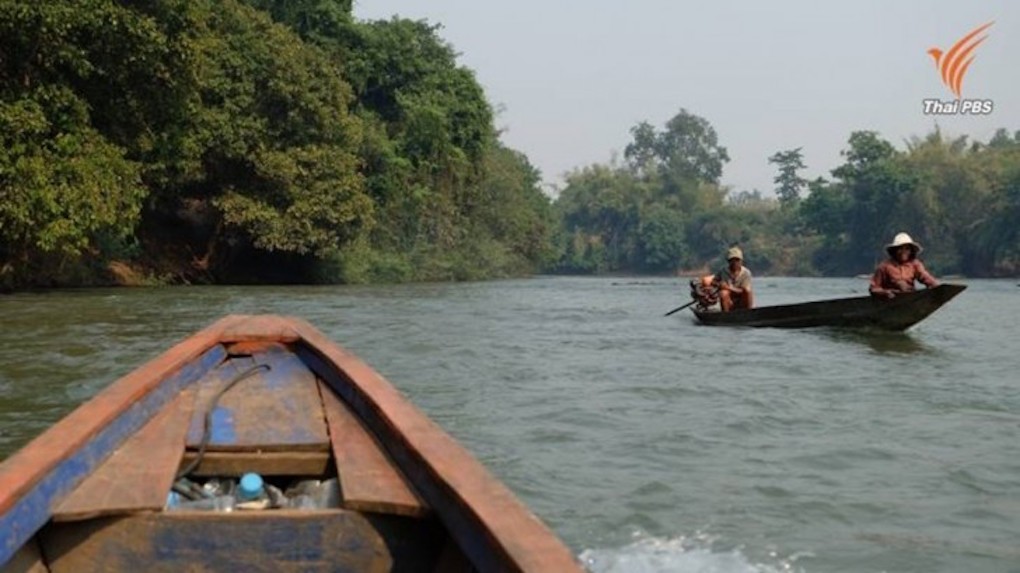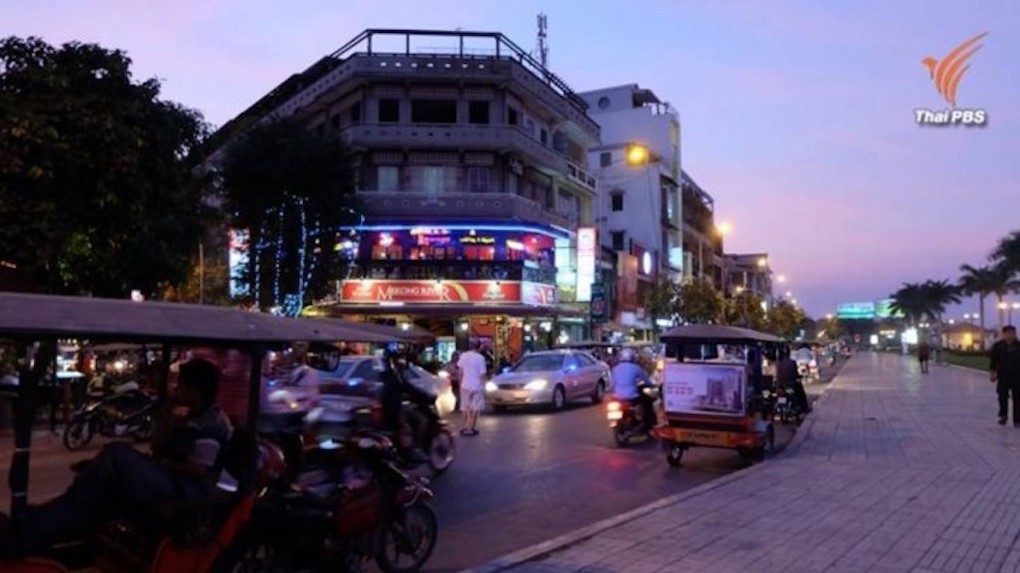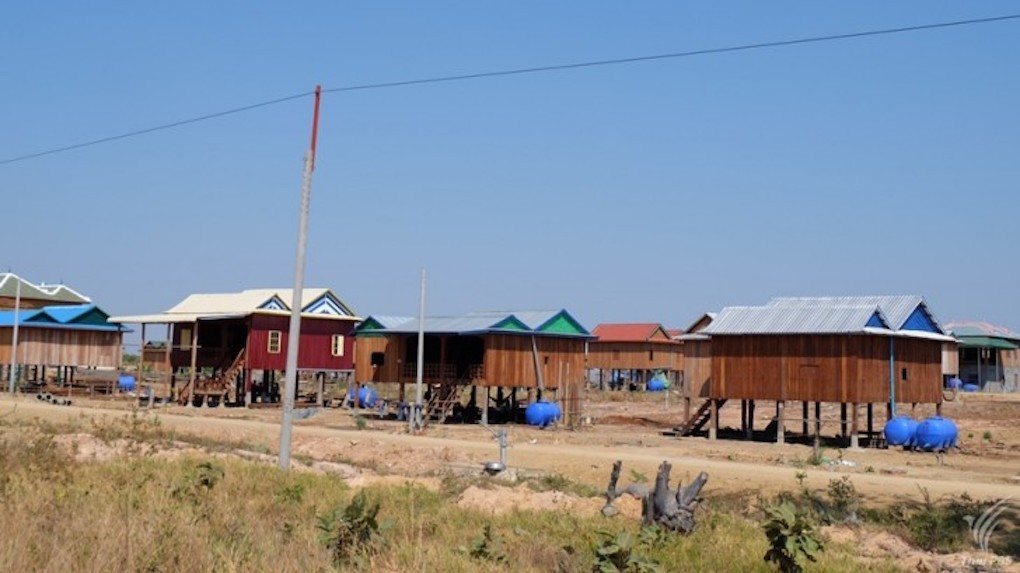The Cambodian Government is constructing a 75 meter-high dam on the Sesan River in Stung Treng Province. The Lower Sesan 2 Dam will cause the inundation of 30,000ha of valuable agricultural and forest land force the resettlement of approximately 5,000 people, mostly Kavet and Khmer communities. Conflicts over their resettlement and loss of livelihoods is ongoing.
While the dam’s powerplant is designed to generate 400 MW of electricity, the potential impact on the biodiversity of two of the Mekong River’s most significant tributaries raises questions about the tradeoffs. In 2012, The National Academy of Sciences found that the Lower Sesan 2 Dam would cause a 9.3 percent drop in fish stocks basin-wide, while threatening more than fifty fish species. These impacts would be felt as far downstream as the Mekong Delta.
With the project now 40 percent complete, journalists from Thailand’s Public Broadcasting Service (Thai PBS), undertook an in-depth investigation into what’s happening on the ground, and how communities are responding.
Part 1: The choice between fish or electricity
Part 2: Voices from another village facing evacuation to make way for a dam
Part 3: Living a new life in resettlement areas
Part 4: A new hope for Cambodia’s development
Part 5: Cambodia and its goal for electricity self-sufficiency
Part 6: Dam and fish in Samse river basin
Watch Thai PBS’s companion, six-part video coverage:
This series was produced in collaboration with The Mekong Eye and Mekong Matters Journalism Network, with full editorial control to the journalist and their outlet.







One reply on “Harnessing the Sesan River: An In-depth look at the Lower Sesan 2 Dam”
Comments are closed.